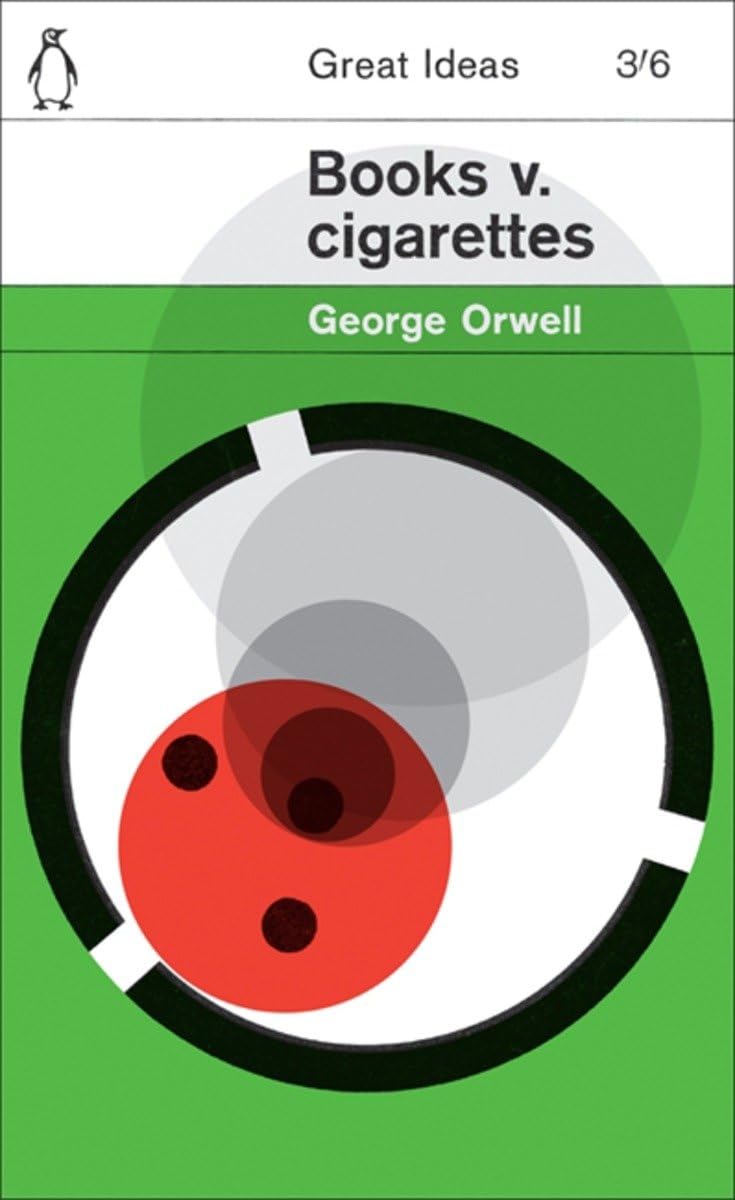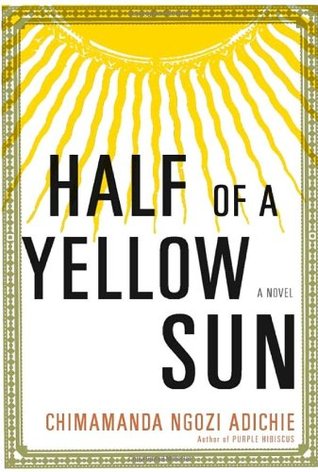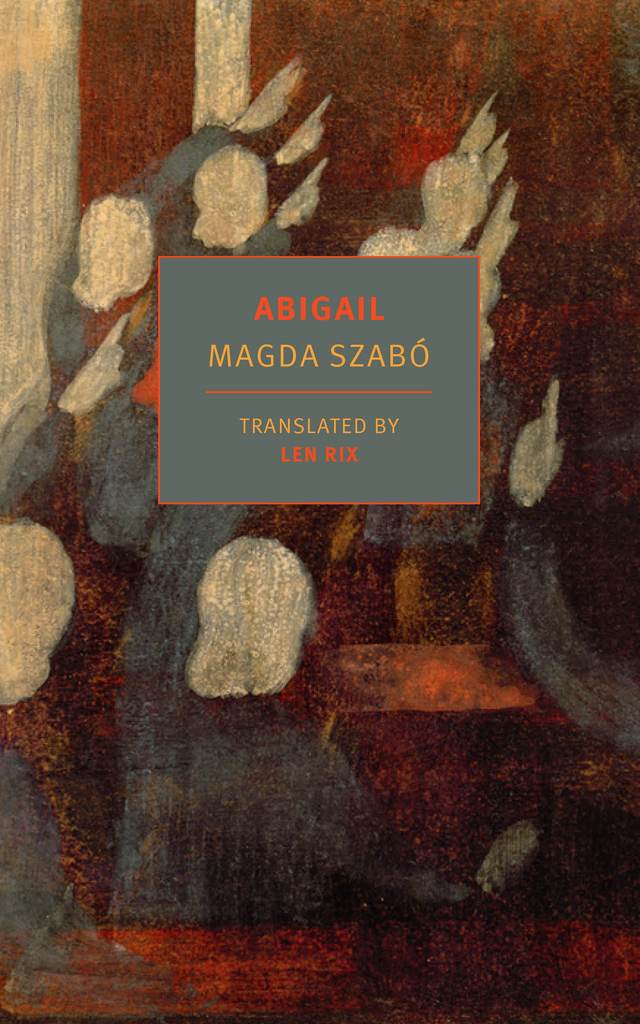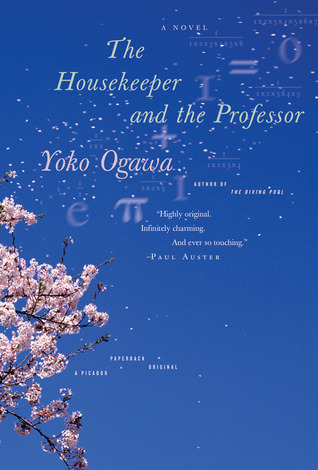Notes on Living
I read something this week that has been echoing inside me ever since. It was written long ago—centuries ago, even—and yet it felt uncannily present, as if the author had been watching us today, scrolling, speaking, pretending, striving, and then quietly setting it all against a golden canvas.
The essay spoke about people not as isolated figures, but as presences who always stand against a background, like those old Italian paintings where saints rise up in front of pure gold. The more I thought about it, the more it seemed true: no one ever stands alone. There is always something humming behind us: silence, memory, grief, wonder, longing, God. And yet, don’t we so often forget this? Don’t we treat each other as though we are headlines and gestures and nothing more? One line that stayed with me:
You must become a beginner.
At first, it sounded strange, almost like a command meant for someone much younger than me. But then I realised: isn’t that what life demands of us again and again? To write the first word, after centuries of dashes? To begin not once, but constantly?
Every time I falter, every time I feel I’ve ruined something or wasted time or failed to measure up, maybe the point is not to repair the old line, but to pick up the pen and begin again. Not with shame, but with wonder.
The Gold Behind People
The essay kept circling around this idea of backgrounds. That to truly know someone is not to memorise their mannerisms, or listen to the noise of their big words, but to glimpse the space behind them.
I thought of my own life. The rare moments when someone I love suddenly seemed still, almost transparent, and I could see the tenderness or sorrow behind their eyes. Those are the memories I carry, not the witty remark, not the hurried conversation, but the silence that spoke more than words ever could.
What would happen if we trained ourselves to look for the background behind everyone? To ask: what gold, what grief, what gray haze is shining or shadowing behind this person as they stand before me?
Wouldn’t it change the way we love?
The author said art does what love does, only more immodestly, it cannot stop at the individual, but must move through them, toward the great background we all share.
That line made me pause. Because isn’t that what I hunger for in art? A reminder that we are not islands? That beneath our attempts to connect—our words, our outstretched hands, there is a melody playing, broader than us, carrying us?
And yet, so often, our “art” (and our conversations, our politics, even our entertainment) only shows the confusion we’re already in. People thrown together without true connection, without the music. Like theater scenes where gestures fly, syllables fall, but no one quite catches them.
Isn’t life so often the same?
The Common Melody
The essay ended with an image I can’t shake: behind us, there is always a vast melody, woven from a thousand voices—winds and lamps, storms and evenings, sorrow and joy. Our own voices can only join in here and there, but the point is to know when to join in. And that struck me as the secret of both solitude and relationship. To know when to sing your solo, and when to blend into the chorus. To stop believing your voice is the whole song.
So much of our unhappiness, I think, comes from forgetting this melody. We press keys with our days and wonder why they sound monotonous, but maybe it’s because we’re striking at random, impatient, unwilling to listen for the music that was already playing.
And maybe the lesson is simple: to live less like a headline, more like a landscape. To begin again, each day, with humility. To listen for the melody behind us. And to look at the people around us—not as obstacles or performers, but as figures standing in front of gold, carrying a background we can learn to see.
When I first put the essay down, I felt unsettled, as though someone had shown me a truth I wasn’t sure I was ready to see. But now, writing this, I feel strangely calm. It comforts me to think that behind all my fumbling words and restless gestures, there is a background too: a landscape I don’t yet know, but that holds me.
.
.
.
.
.
[This post is inspired by a collection of essays by Rainer Maria Rilke; the name of the book is Notes on the Melody of Things (although it's hard to obtain in English), as it was originally printed in German and is now available mostly in French.] I wish I had taken French in college, but then if I wrote it in French, how would you all have read that 👀]







A wonderful read that blends introspection with the richness of the Renaissance past. Your writing style brims with layered metaphors & subtle meanings, a skill one can only aspire to have. Do keep pumping the good stuff more frequently
ReplyDeleteThank you so much, for giving it a read !! 🌻
ReplyDelete